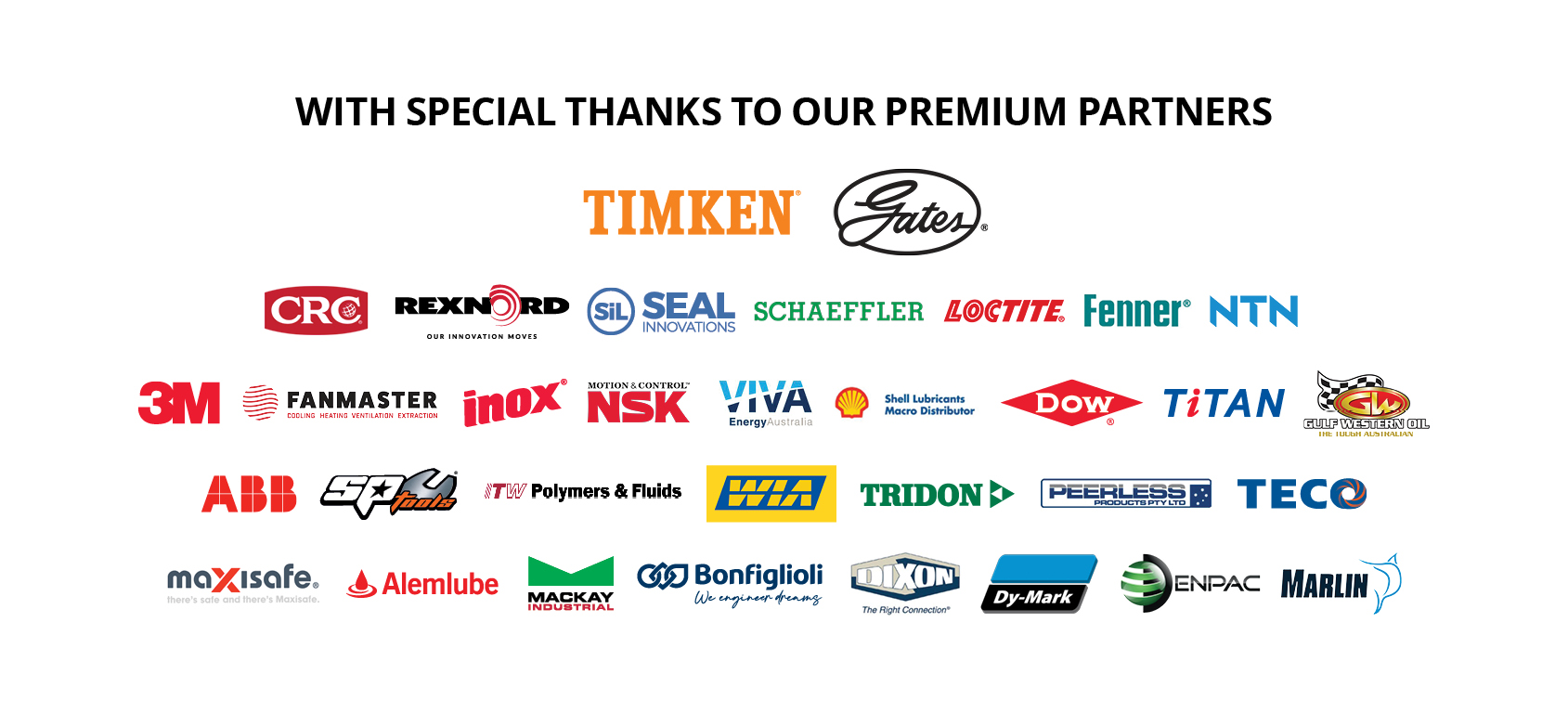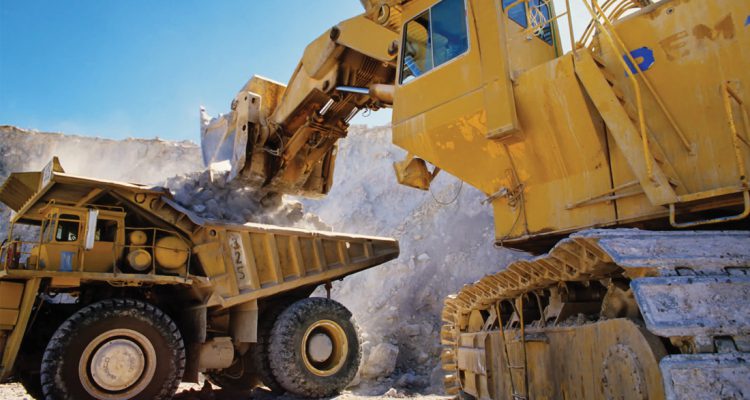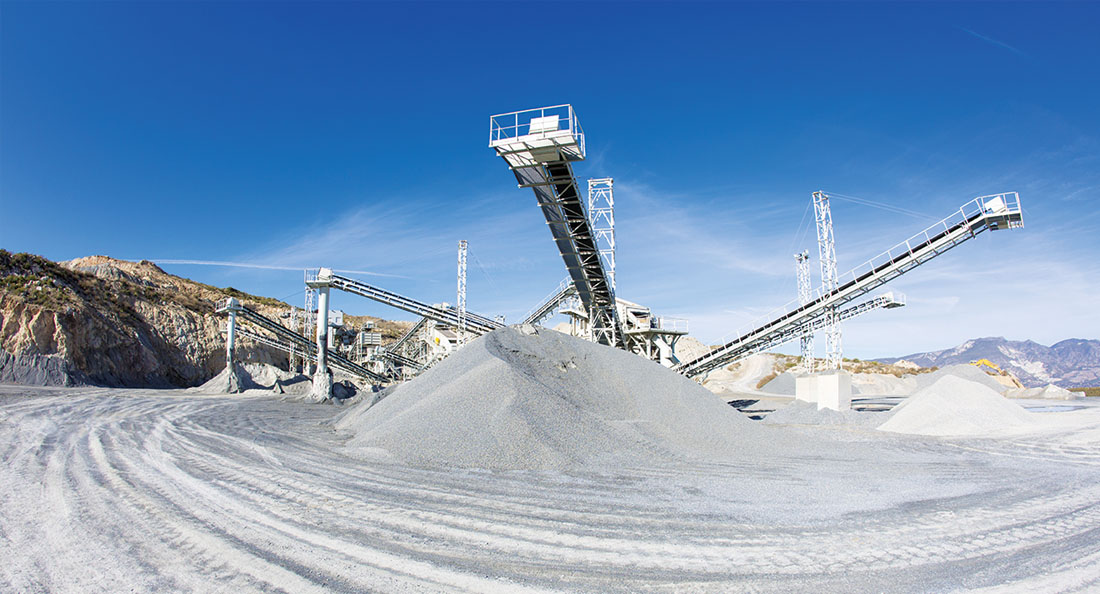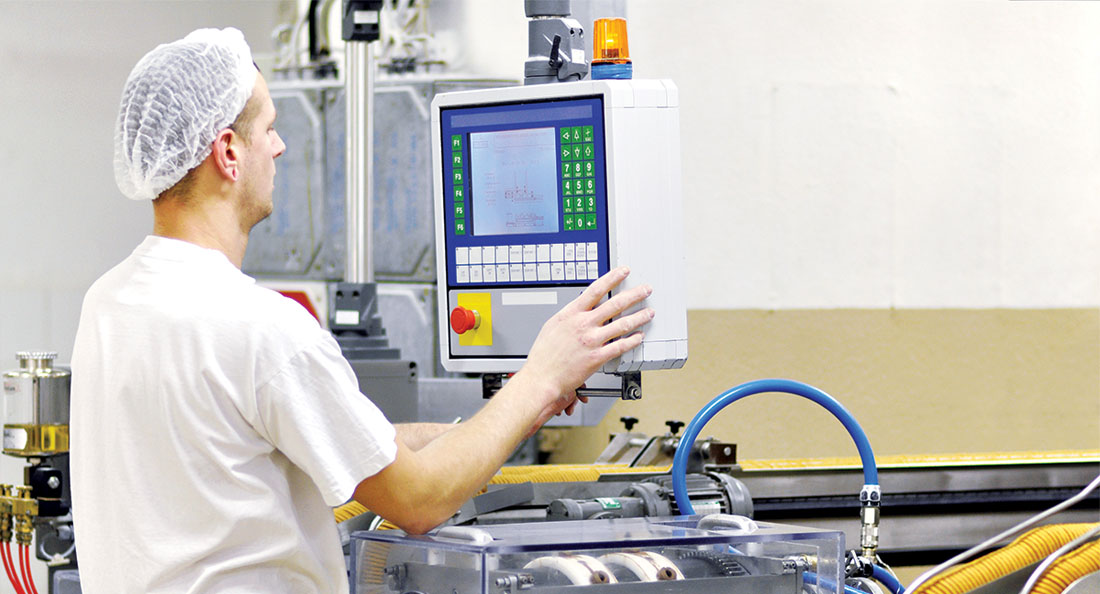Heavy equipment managers in mining, quarrying, heavy haulage and civil construction industries are often pressurised to maximise equipment uptime and increase project returns. This pressure is likely to intensify if the Australian and global economies go through a slow-growth phase.
In such an environment, it is not uncommon for fleet maintenance to take a backseat. In fact, a survey commissioned by Shell in 2018 found that while maximising equipment lifespan was a key priority for 77% of global construction industry players, 56% said they deprioritised fleet maintenance until there was a breakdown.1
Paul Smallacombe, Viva Energy Product Support Engineering Team Lead, says a simplified lubricant portfolio can help reduce many of the complexities faced by fleet managers as they plan their maintenance programs.
“Lubricants formulated by different manufacturers contain different additives and, in case of greases, different types of thickeners. Mixing lubricants from different brands can lead to serious operational issues in the equipment. Having a single brand lubricant portfolio, such as the Shell Driveline suite, reduces the risk of cross-contamination, therefore eliminating potential compatibility issues.”
The Shell Driveline products, including Shell Rimula heavy duty diesel engine oils, Shell Spirax transmission and axle fluids, Shell Tellus range of hydraulic fluids and Shell Gadus greases, help meet the needs of the whole machine with a single brand portfolio.
The importance of using best-in-class lubricants for fleet maintenance becomes more apparent knowing that while lubricant costs comprise only about 1-2% of the total maintenance cost, optimising lubricant use across all operations can save up to 30% of operating costs.
The same survey by Shell found that working with Shell consultants, customers had been able to reduce their maintenance expenses by as much as 30%. This was achieved by using premium lubricants, chosen to precisely fit the equipment, use-case and environment of the component in question.
Steve Keown, National Product Manager for Lubricants at BSC, works closely with Viva Energy in Australia to deliver Shell’s products and solutions to major mining and quarrying customers through BSC’s branches across Australia. Steve says transmission systems in heavy mobile equipment such as loaders, dump trucks and forklifts are particularly critical to maintain.
“Automatic transmissions cost hundreds of thousands of dollars. If there’s any fault in the transmission due to poor lubrication, the equipment could be out of operation for months. That’s why it’s imperative to always use the best quality transmission oil and to monitor this regularly with oil analysis,” says Steve.
According to Steve, the BSC sales and technical team help conduct oil analysis for their major mining and construction customers by working closely with Viva Energy experts.
“The Shell LubeAnalyst program is something we always encourage our customers to try. Through this service, experts from BSC and Viva Energy can visit the project sites and take oil samples for analysis. Additionally, they can also offer their expertise on issues such as product rationalisation, appropriate lubrication intervals and oil drain intervals for each piece of equipment, and even lubricant storage and handling best practices,” says Steve.
In one recent example, Paul says timely oil analysis conducted by Viva Energy experts helped detect the leakage of coolant into the engine oil, with timely action preventing a potentially catastrophic failure of the engine and the flow on effects to equipment downtime.
With many mines still having restrictions in place that limit the number of visitors on the site, Paul says the Melbourne based Viva Energy Technical Helpdesk, as well as remote solutions such as LubeMatch and LubeChat create convenient channels for assisting customers remotely.
With more and more mines realising the benefits of preventive maintenance for their mobile equipment, Paul says there’s definitely room to improve equipment uptime through better lubrication practices.
“Across our customers in Australia, we see a spectrum of adopting preventive maintenance. Some mining companies are very progressive in that space, while other companies are still very reactive when it comes to maintenance. Most companies, however, sit somewhere in between and they could certainly benefit from better lubrication solutions,” Paul concludes.
“Our field engineers and technicians, who are based all around the country, are ready to respond at any time to share their expertise with customers.”
Reference:
1- Shell Global Construction Industry Report 2018




